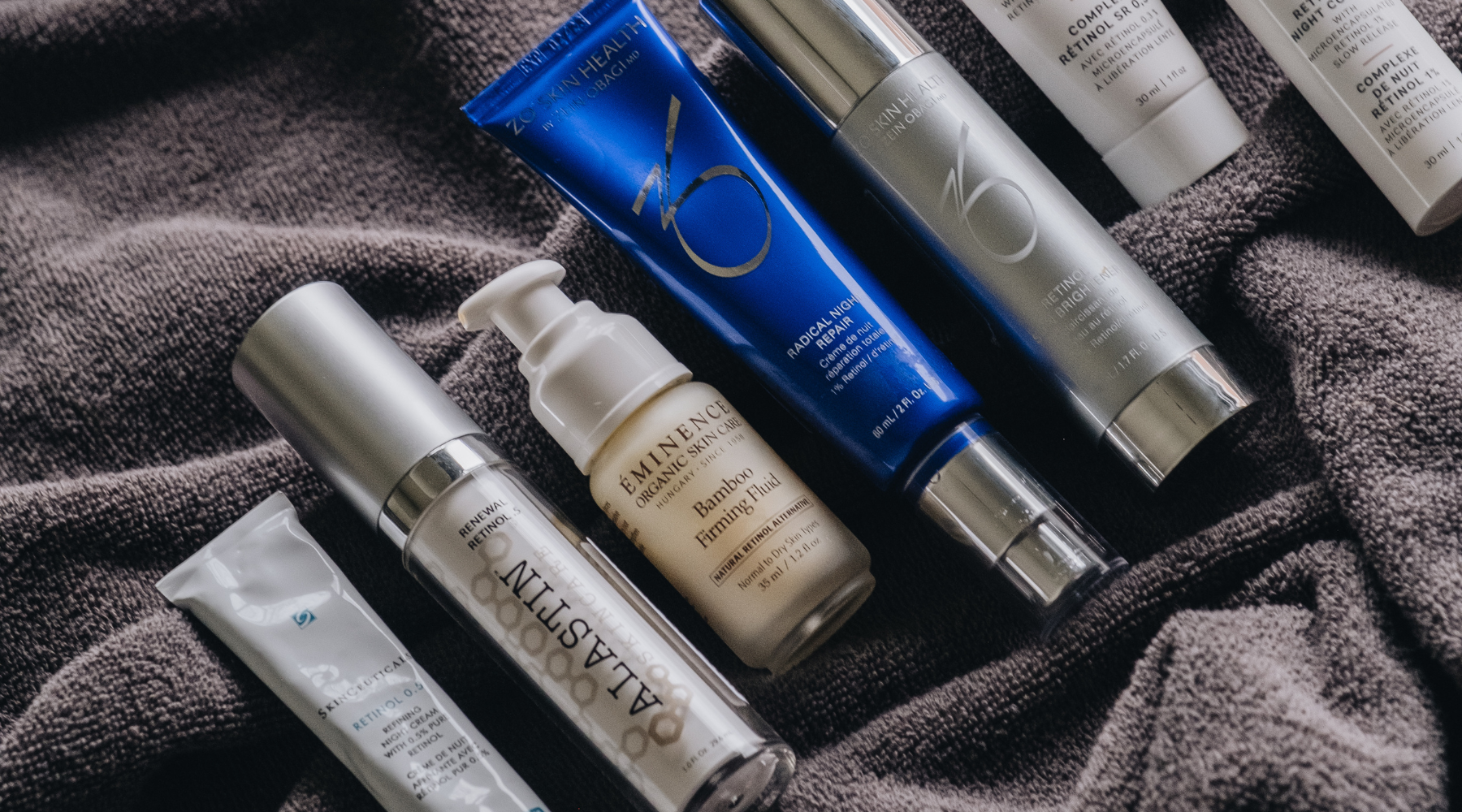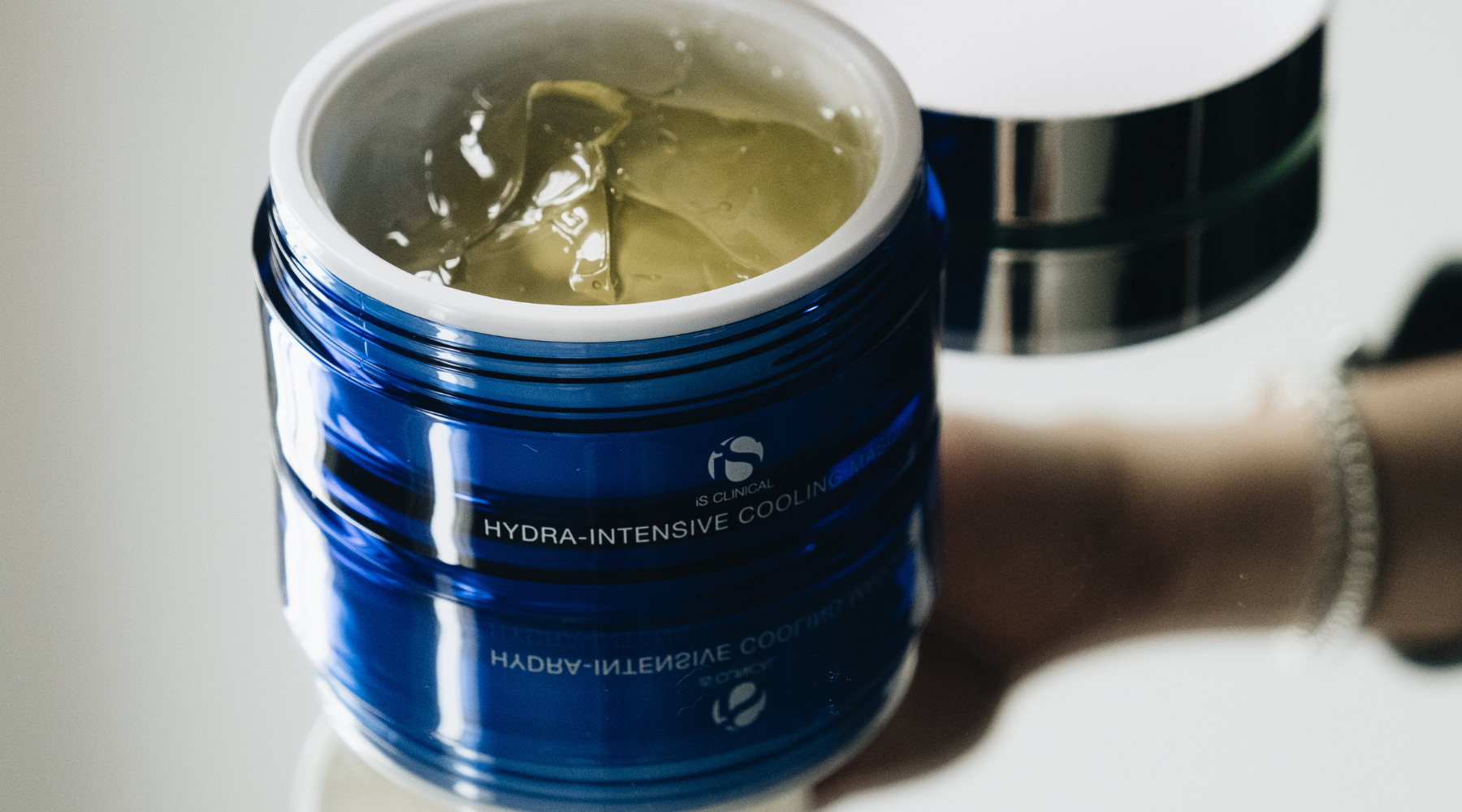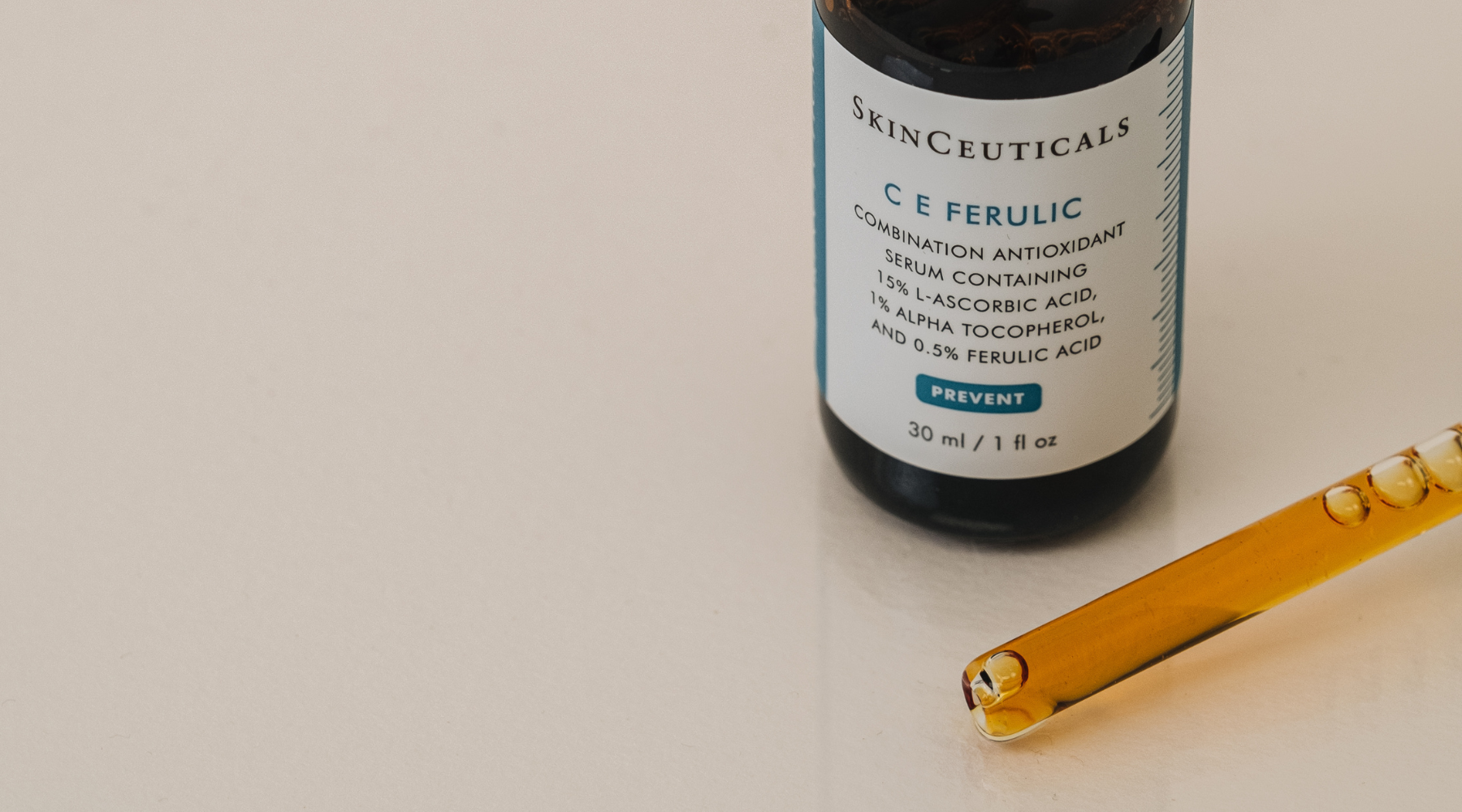
Retinol FAQs
This week’s blog is all about retinol––from the basics to the specifics, we're here to demystify the most frequent questions on this powerhouse ingredient. Read on below to get the retinol knowledge you need in order to achieve your skin goals this upcoming season!
WHAT DOES RETINOL DO?
Retinol––a form of vitamin A––is a powerhouse ingredient in skincare. It works by increasing skin cell turnover, which means it helps shed old, damaged skin cells and promotes the growth of newer, healthier ones. This process can effectively reduce the appearance of fine lines, wrinkles, and uneven skin tone, leaving your complexion smoother and more youthful.
DOES RETINOL HELP WITH ACNE?
Retinol can absolutely be a valuable tool in the fight against acne (and especially, that pesky adult acne) as it works on multiple fronts. The fact that it sloughs away the top layer of skin helps to combat breakouts by unclogging pores, reducing the formation of comedones (whiteheads and blackheads), and decreasing inflammation. At the same time, its shedding action also helps with hyperpigmentation, wrinkling, and acne scarring.
However, it's essential to be patient; it may take several weeks to see noticeable improvements in acne. Starting with a lower concentration is also essential, because irritating the skin and damaging the skin barrier will worsen the condition.
If you have a severe case of acne or another skin condition, such as psoriasis or eczema, we always recommend consulting with a dermatologist or a skincare professional for a custom treatment plan.
HOW DO I USE RETINOL?
Start slooooowly. Begin with a lower concentration––such as the SkinMedica Retinol Complex 0.25 or the ALASTIN Skincare Renewal Retinol .25––and use it at night on clean, dry skin.
Apply a pea-sized amount and follow up with a moisturizer to minimize any potential dryness or irritation. Use sunscreen during the next day and reapply every 2-3 hours, as retinol can make your skin more sensitive to the sun. You can gradually increase the frequency and concentration as your skin builds tolerance, but it’s important to always attune to your skin's response and adjust accordingly. Make sure to also follow product recommendations.
CAN YOU USE VITAMIN C WITH RETINOL?
Generally, yes. Vitamin C is relatively gentle and provides both antioxidant protection and brightening effects, which is a lovely complement to retinol. To maximize the benefits of both products, apply vitamin C in the morning and retinol at night and start with a low concentration of each to prevent irritation.
The main ingredients you should be avoiding are usually harsh or potentially irritating products in conjunction with retinol, such as other active ingredients like alpha hydroxy acids (AHAs) and beta hydroxy acids (BHAs).
HOW LONG DOES IT TAKE FOR RETINOL TO WORK?
The time it takes to see results from retinol can vary. On average, it may take several weeks (at least 4 to 6) to a few months before you notice significant improvements in your skin's texture, reduction in fine lines, and overall radiance. Be patient and consistent with your routine, and remember that gradual, long-term changes are the goal with retinol!
CAN I USE RETINOL EVERY NIGHT?
Because retinol can make your skin more sensitive to sunlight, applying it before bedtime minimizes the risk of sun exposure. While it's possible to use it every night, it's not always recommended––especially when starting.
To minimize the risk of irritation, many people begin by using retinol every other night or a few times a week. As your skin builds tolerance, you can gradually increase the frequency if desired. Pay close attention to how your skin reacts; if you experience excessive dryness, redness, or irritation, scale back. Make sure to always use a moisturizer alongside your retinol, and always use sunscreen during the day when using retinol regularly.
SKINCEUTICALS RETINOL 0.3
ZO SKIN HEALTH WRINKLE TEXTURE + REPAIR 0.5% RETINOL
VIVIER SKIN RETINOL 1% NIGHT COMPLEX
Until next time,
The BSE Team














Leave a comment
This site is protected by hCaptcha and the hCaptcha Privacy Policy and Terms of Service apply.